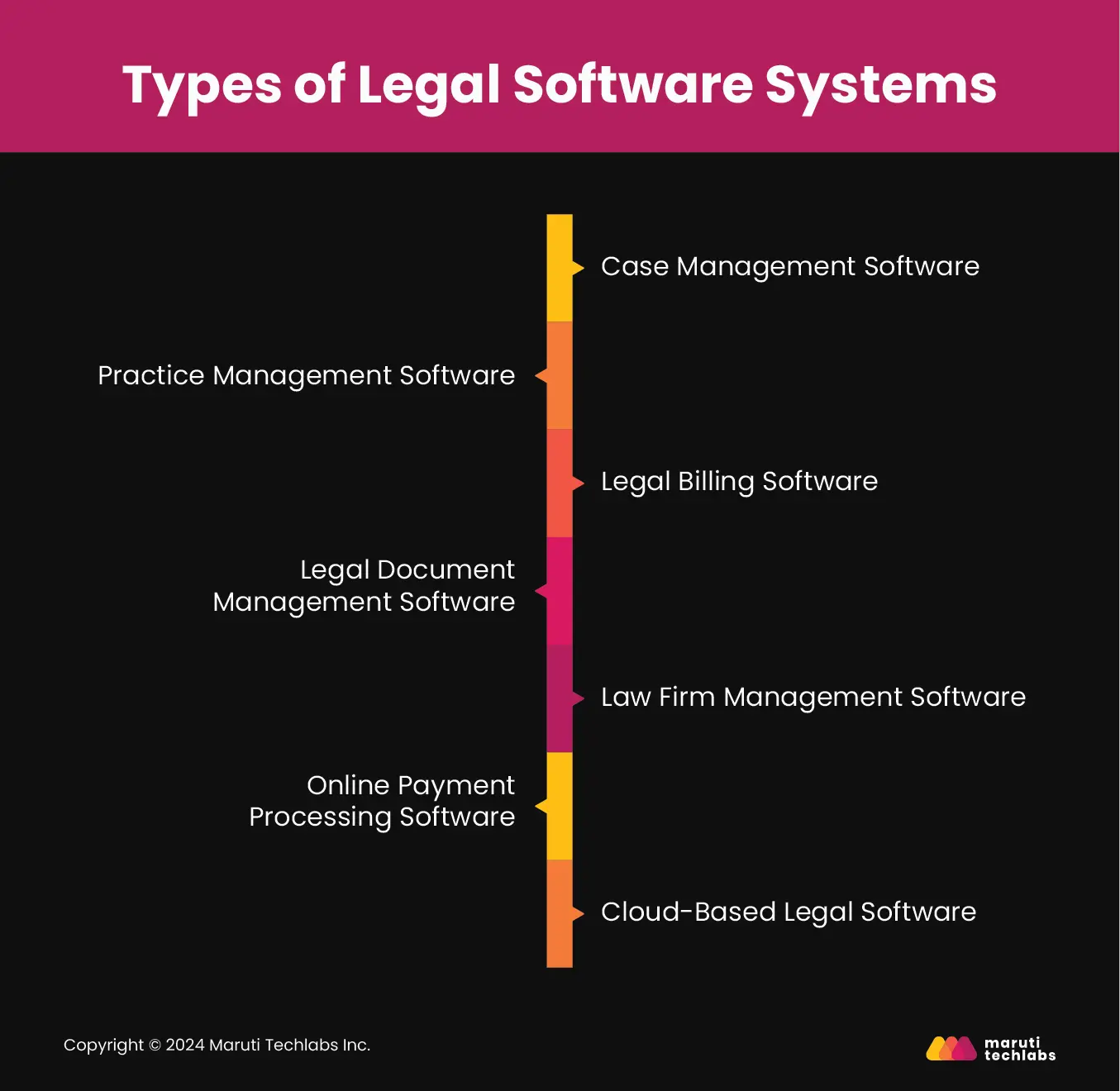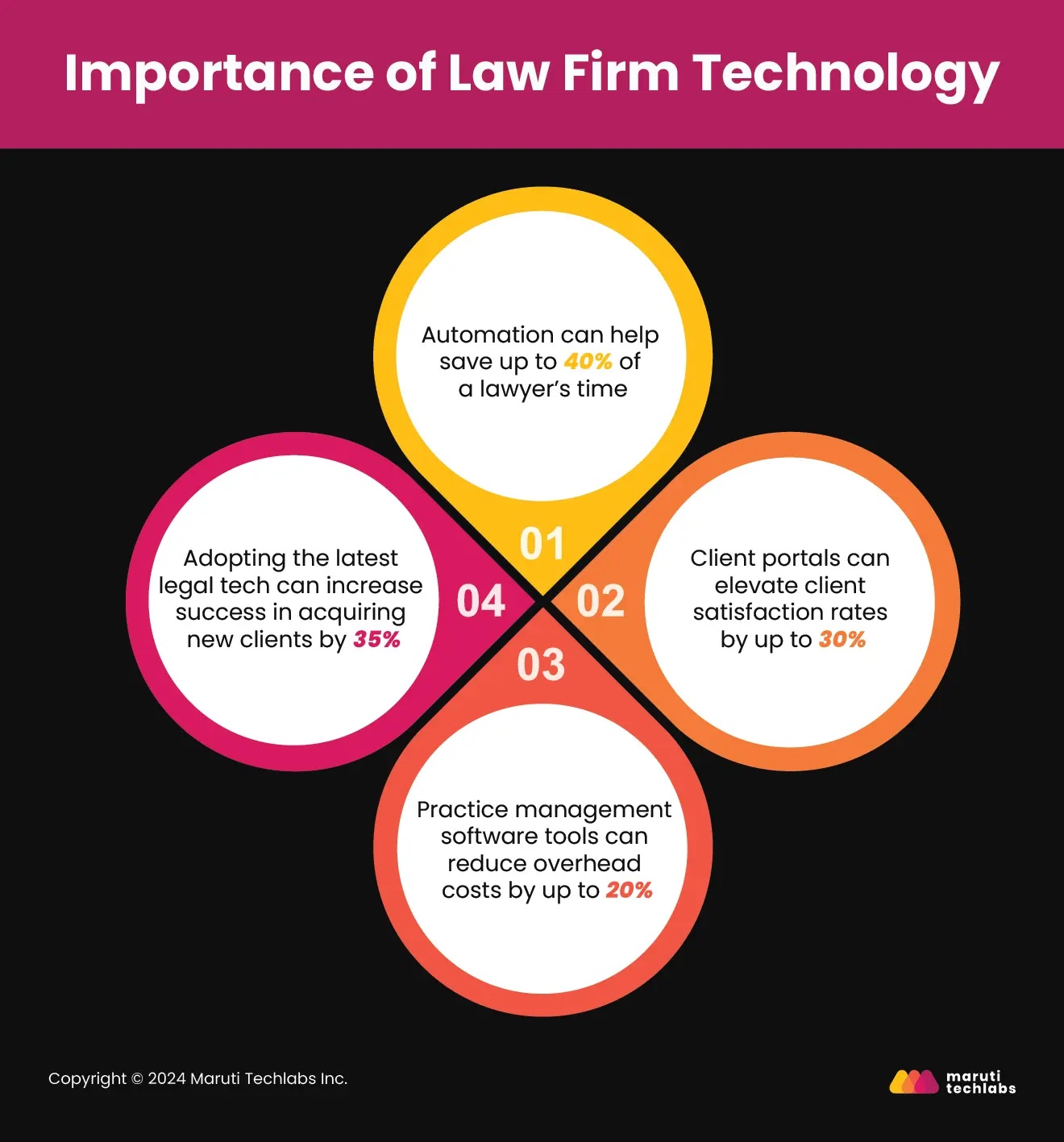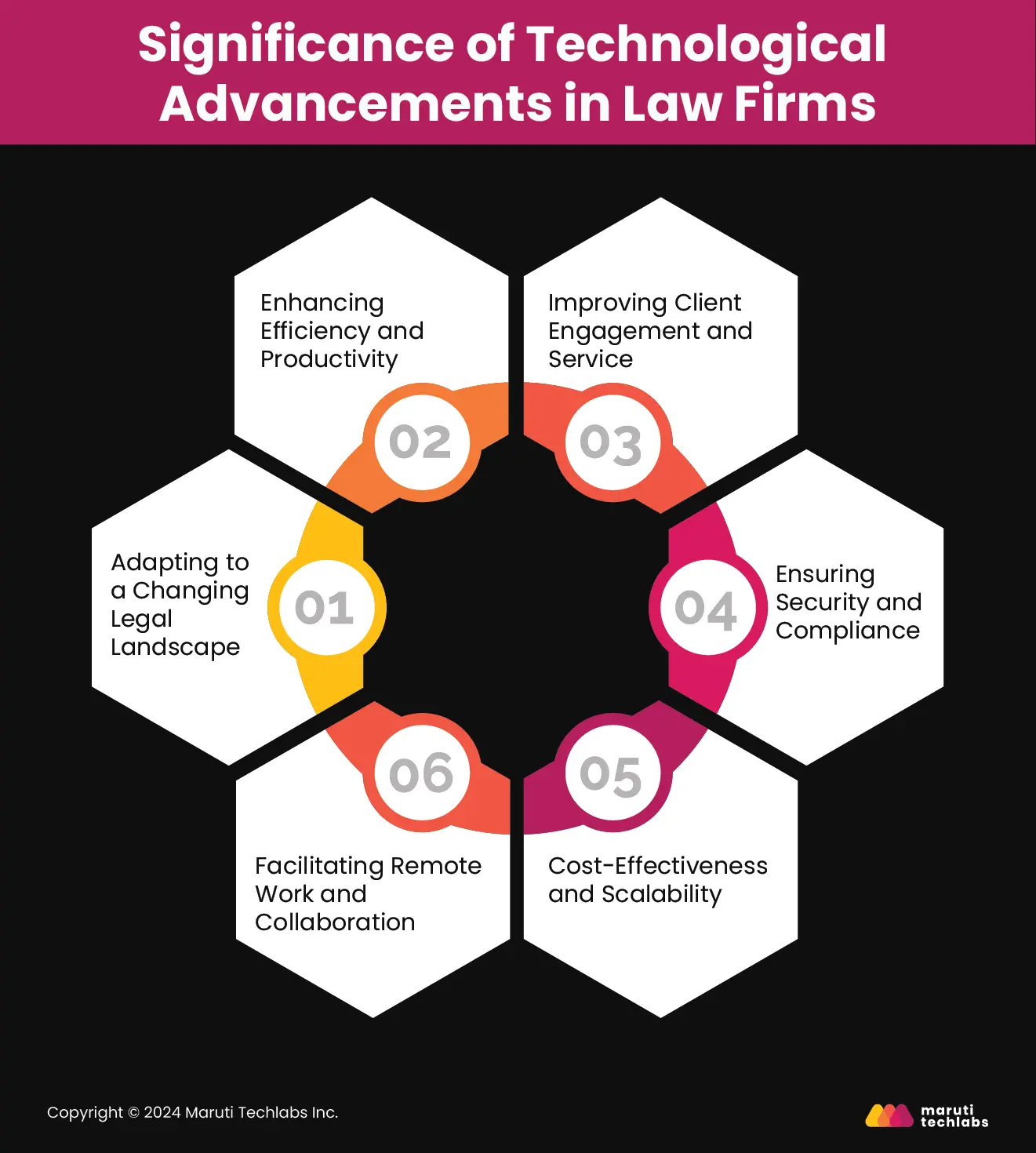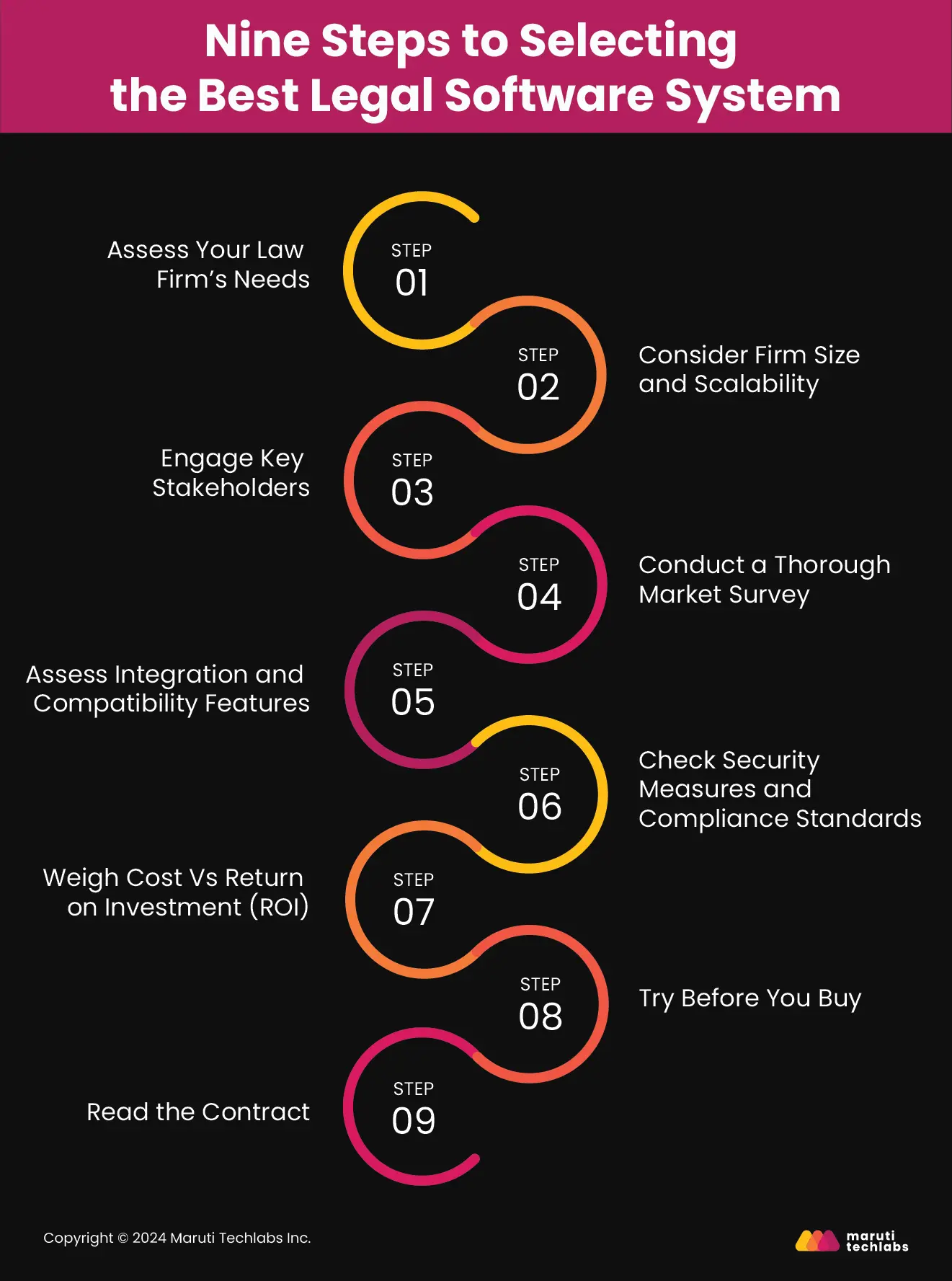![[GetPaidStock.com]-65b9d3432ecc1.webp](https://cdn.marutitech.com/thumbnail_Get_Paid_Stock_com_65b9d3432ecc1_c1b16b05fb.webp)
![[GetPaidStock.com]-65b9d3432ecc1.webp](https://cdn.marutitech.com/large_Get_Paid_Stock_com_65b9d3432ecc1_c1b16b05fb.webp)
Choosing the Right Legal Tech Solution: A Blueprint for Legal Success
![[GetPaidStock.com]-65b9d3432ecc1.webp](https://cdn.marutitech.com/thumbnail_Get_Paid_Stock_com_65b9d3432ecc1_c1b16b05fb.webp)
![[GetPaidStock.com]-65b9d3432ecc1.webp](https://cdn.marutitech.com/large_Get_Paid_Stock_com_65b9d3432ecc1_c1b16b05fb.webp)
![[GetPaidStock.com]-65b9d3432ecc1.webp](https://cdn.marutitech.com/thumbnail_Get_Paid_Stock_com_65b9d3432ecc1_c1b16b05fb.webp)
![[GetPaidStock.com]-65b9d3432ecc1.webp](https://cdn.marutitech.com/large_Get_Paid_Stock_com_65b9d3432ecc1_c1b16b05fb.webp)
![[GetPaidStock.com]-65b9d3432ecc1.webp](https://cdn.marutitech.com/thumbnail_Get_Paid_Stock_com_65b9d3432ecc1_c1b16b05fb.webp)
![[GetPaidStock.com]-65b9d3432ecc1.webp](https://cdn.marutitech.com/large_Get_Paid_Stock_com_65b9d3432ecc1_c1b16b05fb.webp)
Legal tech investments witnessed an explosive boom between 2010 and 2020.
This period saw the rise of cutting-edge legal technologies like Artificial Intelligence (AI), Natural Language Processing (NLP), Cognitive Computing, and Smart Search. These disruptive innovations have fundamentally transformed how legal professionals approach research, streamline processes, and deliver services, ushering in a new era of efficiency and innovation in the legal domain.
But with these new capabilities came the significant risks – security threats, data loss, integration challenges, ethical and regulatory compliance, and more!
Imagine a law firm aiming to enhance efficiency adopting a case management system without thorough evaluation only to discover it lacks robust security features.
Subsequently, a data breach compromises sensitive client information, leading to legal actions, regulatory penalties, reputational damage, operational disruptions, and a competitive disadvantage.
Choosing the wrong technology is as detrimental as resisting technological evolution.
Legal tech involves using specially crafted software to streamline various aspects of legal practice, thus increasing efficiency, reducing manual work, enhancing accuracy, and improving the overall delivery of legal services. By leveraging the right Legal tech solutions, firms can optimize their operations, reduce costs, and better meet the needs of their clients.
Hence, before choosing any technology, it is better to assess it from all aspects and proceed with the right one.
The best legal tech solutions should be tailored to streamline administrative tasks and automate time-consuming legal processes. Their ultimate goal is to ease case management, boost productivity, and improve client satisfaction and cash flow.
Based on the firm's size, requirements, and budget for legal technology, the choice of software can vary between basic, middle-ground, or full-suite features. Here is a detailed overview of these features -

Legal entities, solo attorneys, or big law firms can significantly benefit from legal tech adoption with basic fundamental features. These tools are typically affordable, easy to use, and significantly boost cash flow.
MyCase is one of the most popular legal tech solutions that comes with basic features like –
Software with middle-ground features best fits firms looking for a more sophisticated legal technology with proven efficiency and lower risk. These tools help establish a cohesive operational framework, elevating the firm's operations.
Clio is a software platform that fits perfectly if you are looking for middle-ground features. It keeps all your case files, bills, and calendars organized in one place.
Comprehensive practice management software, encompassing a full suite of features, is most beneficial for small to mid-sized firms, particularly those with aspirations for expansion and growth.
Harvey AI is an AI-powered legal research tool used by lawyers and paralegals for contract analysis, due diligence, litigation, and regulatory compliance. It also helps generate data-based insights, recommendations, and predictions.
Software with a full suite of features offered -
Legal technology has caused quite a stir in law firms, sparking the debate over AI lawyers vs. human lawyers.
The numbers speak for themselves -

This boom in legal tech solutions happened in the past decade. Legal tech adoption has made virtual courts a reality. Cases are closed outside the court, and contracts are signed without pen and paper.
The escalating adoption of disruptive legal technologies speaks that legal tech is here to stay, and here are six reasons that justify why -
In an era where contracts are reviewed instantly, documents are stored in the cloud, and outcomes can be predicted accurately, legal professionals must find a way not to stay buried in paperwork. Adopting cloud computing, CRM, digital signatures, e-billing software, and other legal AI tools is essential for lawyers to thrive in today's competitive legal landscape.
Research shows that legal teams that are quick to embrace the latest technologies achieve a 35% higher success rate in acquiring new clients. This gives them a noteworthy competitive advantage over peers resisting legal tech adoption.
Modern Legal tech solutions can help legal professionals save up to 40% of their time by easing laborious tasks like document drafting, legal research, contract reviews, and invoice generation. Legal technology can reduce the firm's manual workload and enhance overall efficiency and productivity by streamlining internal processes, automating routine tasks, and optimizing workflows.
Research has found that ChatGPT allows lawyers to review contracts, draft motions, and generate bills. Tools like Clio, LexisNexis, LawInsiders, and CaseText can automate these tasks, thus freeing the attorney to do more meaningful and strategic legal work.
Legal technology is helping firms redefine client experience with prompt, transparent, and tech-savvy services. Client portals, chatbots, virtual assistants, legal research tools, and other legal tech advancements are reshaping the industry, emphasizing a client-centric approach.
A study revealed that 24/7 access to case files on client portals can boost client satisfaction by 30%.
Joshua Lenon, Lawyer in Residence at Clio, says, “As law firms have evolved post-pandemic, there have been many attractive changes to clients. The steady rise in the use of client portals continues. Clients love the convenience of those portals.”

One of the biggest legal tech barriers was security. Modern digital systems powered by advanced technologies allow for automated tracking, encryption, and access controls, providing a more robust and efficient approach to data security and regulatory adherence.
Legal tech tools, like,
Legal tech solutions, particularly when wisely chosen, often demonstrate long-term cost-effectiveness. These tools help reduce overhead costs, reduce manual errors, and improve resource management. A study conducted by the LawTech Software group reveals that leveraging legal technology can substantially reduce up to 20% in overhead costs for law firms.
Lawgeex is revolutionizing legal work by automating processes. Using machine learning, its secure algorithm processes contracts and negotiations, saving 80% of the time compared to manual approaches, reducing costs by 90%, and accelerating deal closure by three times.
Remote work is one of the latest law firm technology trends that has taken the court out of the courtroom. Research says that 30% of lawyers work from home regularly. Advancements in legal technology, including cloud-based solutions and virtual meeting platforms, have eliminated the need for physical presence in courtrooms.
Essential collaborative tools like Slack, Google Docs, and Microsoft Teams enable seamless interaction between legal teams and clients.
Riley Beam, Managing Attorney at Douglas R. Beam, said, "Collaborative technology in any form is a game-changer when it comes to streamlining and enhancing the handling of these crucial components of the industry. Seamless sharing remains one of the most influential and impactful outcomes of an efficient communication and collaboration framework and helps law firms, courts, and the public alike."
However, legal tech fosters the emergence of remote law firm cultures. Integrating technology into law firms is crucial for success in the fast-paced legal landscape. Embracing advancements helps firms stay competitive, enhance client services, and navigate modern legal practice with agility and efficiency.
Following the latest legal tech trends is not enough to find the perfect Legal tech solution for your firm. Also, tech that worked wonders for the law firm down the street may not be the right choice for your firm. Neither a quick search on Google stating - ‘case management software pricing’ will help you find your ideal legal tech match!
Choosing a legal software system is as tricky as navigating a complex legal case. Just as winning a case demands the right strategy, selecting the best Legal tech requires a strategy tailored to success. It requires careful consideration, attention to detail, and a thorough understanding of your needs.
Here are nine crucial steps to selecting the best technology for law firms -

Rudi Kesic, CEO of Lawtech 365, said, “By examining current workflows, communication methods, and legal research access, firms can identify areas for improvement and invest in legal tech solutions that will streamline operations and boost overall efficiency.”
Thus, begin by thoroughly evaluating your firm's distinct needs and challenges. Clearly outline the goals and objectives you intend to achieve with the software. Whether it’s increasing operational efficiency, improving client engagement, or ensuring regulatory compliance, having well-defined goals will help you choose the right software.
Here are some steps that you can follow:
Selecting the best Legal tech for your firm necessitates a forward-looking approach. Factor in your current firm size and growth potential.
Plan for future expansion, new practice areas, or increased client volume. Ensure the chosen solution can smoothly adapt to your evolving needs without significant disruptions.
Embracing a new legal technology software is a big shift that can influence various aspects of your firm's operations.
In the decision-making process, it is crucial to involve all key stakeholders, like business partners, IT experts, executive leadership, and your in-house legal team. Their diverse insights into the firm’s requirements, tech options, and potential legal tech challenges can help make informed decisions.
Legal software comparison is very essential for sorting the right legal tech solutions.
Research various legal tech tools to identify those that best align with your firm's needs. Evaluate features, security, functionality, scalability, and user reviews. Make a comprehensive list of legal tech loopholes of each system and how that can affect your firm. Finally, sort a list of tech solutions that align closely with your organization's specific needs and long-term objectives.
Practice management software for attorneys is not yet a common practice due to legal tech integration complexities, but legal tech integration doesn't have to be a nightmare.
Assess the software's user-friendliness to expedite adoption and minimize training needs.
In the legal sector, ensuring data security and compliance is paramount.
Check the legal tech tool for features like data encryption, two-factor authentication, and regular security audits. Additionally, ensure adherence to critical regulations like HIPAA and PCI DSS to guarantee comprehensive compliance.
While setting a tech budget is crucial, it's equally vital to resist the temptation of opting for the least expensive technology.
Consider the total cost of ownership, including upfront costs, ongoing subscription fees, maintenance, and support. Assess the potential ROI based on the technology solution's benefits, such as time savings, improved efficiency, increased client satisfaction, and revenue generation.
Before finalizing your legal tech solution, requesting a demo to evaluate the software's functionality and compatibility is prudent. A trial permits the exploration of features, assessing alignment with specific needs, and integration into existing processes. You can also request further customizations or alternative software to meet your requirements better.
Reading and reviewing the contract terms is crucial before settling on your legal tech solution. Many tech providers enforce a minimum commitment clause, restricting your ability to discontinue the software before a specified period. Take the time to understand the cancellation policies thoroughly, and avoid vendors with extended and inflexible contracts.
With legal tech advancing rapidly, now is the perfect time for legal firms to board the technical bandwagon.
The right legal tech solution for your firm can offer more benefits than one. It can enhance operational efficiency, foster productivity, and give you a competitive edge. Tech-enabled law firms also attract the best talents and acquire new clients.
However, legal tech adoption can be a tricky walk. It involves a substantial investment in time and money. Choosing the wrong tech can land you in a mess.
Thankfully, with the right strategies, you can confidently select the perfect legal tech solution tailored to your needs. Begin by identifying your firm's distinct goals, objectives, and challenges. Once you've pinpointed your requirements, assess various Legal tech solutions to find the best fit for your firm.
You can consult an expert legal tech service provider to navigate innovative options effectively.
At Maruti Techlabs, our AI experts, who are well-acquainted with the world of law, bring comprehensive knowledge of legal processes, security, and compliance standards. This uniquely positions us to provide customized artificial intelligence solutions that address legal and compliance issues, optimize workflows, centralize documentation, reduce costs, and empower legal teams across all levels.
Get in touch with our AI Experts for a tailored legal tech solution for your firm.
To get started, assess your law firm’s AI readiness with our free evaluation tool — and discover how prepared you are to adopt intelligent legal tech solutions.


